Custom Databases / Applications
Modernize your operations
Break out of your legacy gridlock with an integrated application to modernize and streamline how your work gets done. Access, update, and share information whether your data resides on the cloud or on premise.
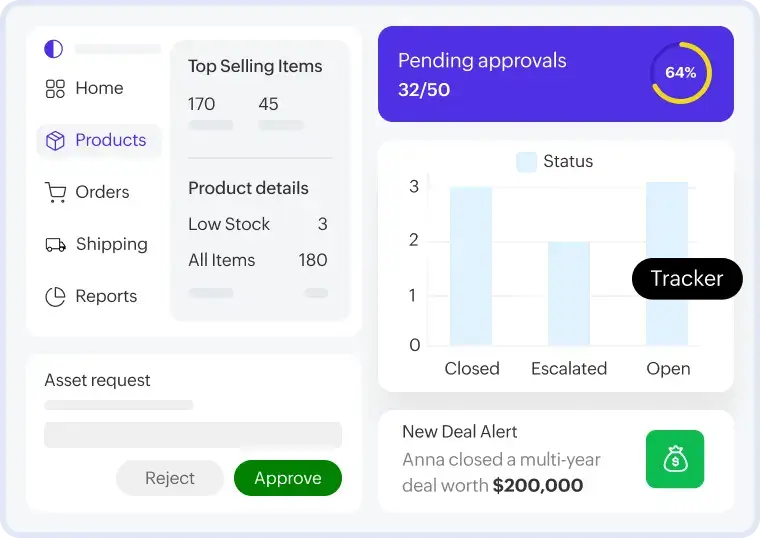
Pricing guidelines:
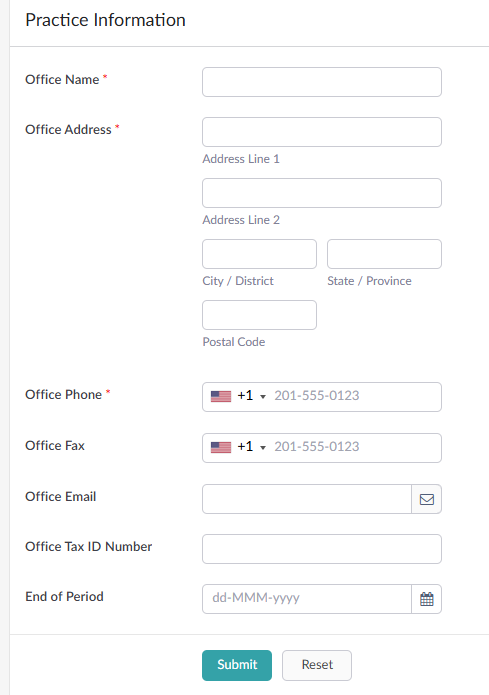
1) Let us build a "simple" database for you and it will be hosted in the cloud for free.
A simple database, however, cannot have "advanced fields". This generally means that the database only has fields like Name, Email, Address, phone, text, number, date time and finally some form of choice field.
This type of simple database is mostly meant to replace i.e. multiple Word files with customers and vendors in them or Excel files with i.e. orders in them.
A simple database like this can more often than not be created and set up for a maximum of $1,250. It cannot have a custom URL pointing to it, but it will be hosted for free and thereby doesn't have any monthly charges :-)
A database can have more than one "form" associated with it. This means that you can have a form for customers, a form for vendors, a form for sales orders etc. Generally, as long as you don't use more than ten different forms we can stay within the budget here.
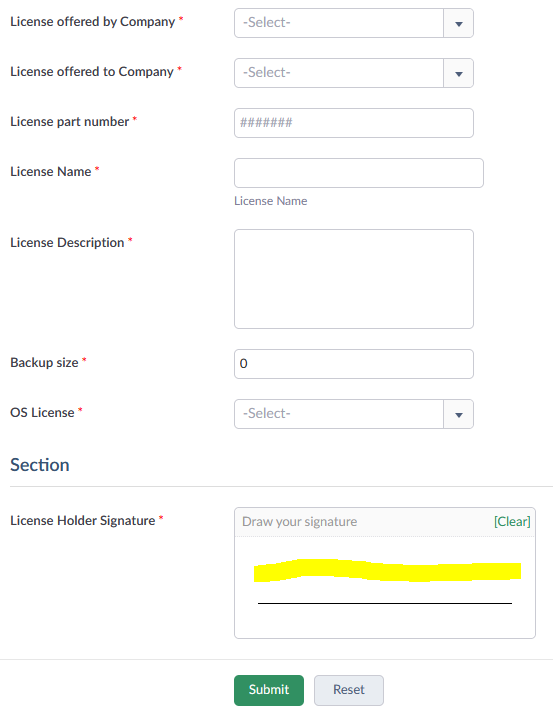
2) We can also build a "normal/custom" database application for you. This is what most businesses look for as it doesn't have the limitations mentioned above.
In other words, all field types are available for the database design and it's possible to set up a custom URL for the new system, i.e. Database.ChathamPC.com.
These types of normal/custom/advanced databases come with a monthly fee between $8 and $25 depending on various things.
2a) It's hard to give a price point for a custom database design (it's built hour by hour at $125 per hour), but we try and use the guidelines below.
We try and build the "basic" database/framework for around $1,250 (10 design hours). This first design step very much mirrors item no.1 above (even if advanced fields are available here).
You will end up with a database that's mostly meant to replace i.e. multiple Word files with customers and vendors in them or Excel files with i.e. orders in them. It's abnormal to stop the design process here, but it's certainly the customer's decision.
Normally the design process continues as per below with advanced reports and advanced functionality (i.e. sub forms, lookup fields etc.) in the database.
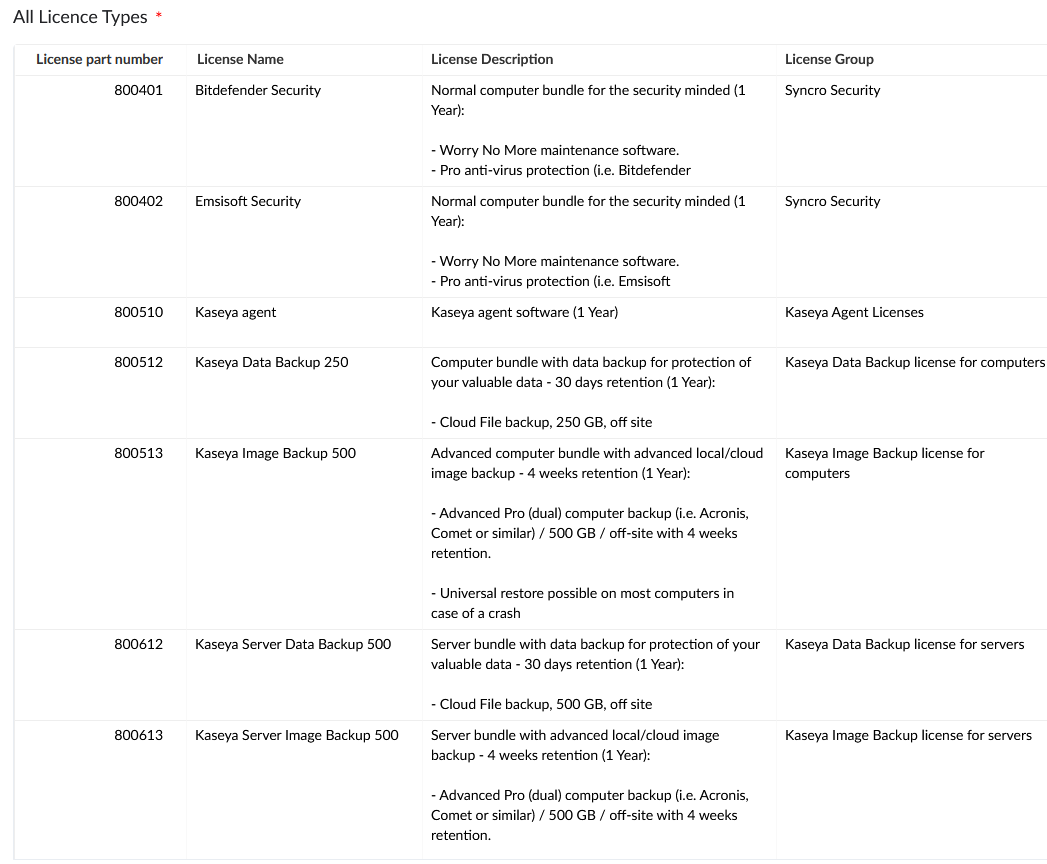
2b) Simple reports can be built in around 1 hour ($125) apiece. Simple report examples are i.e. customer contact lists or order lists with no special layout criteria.
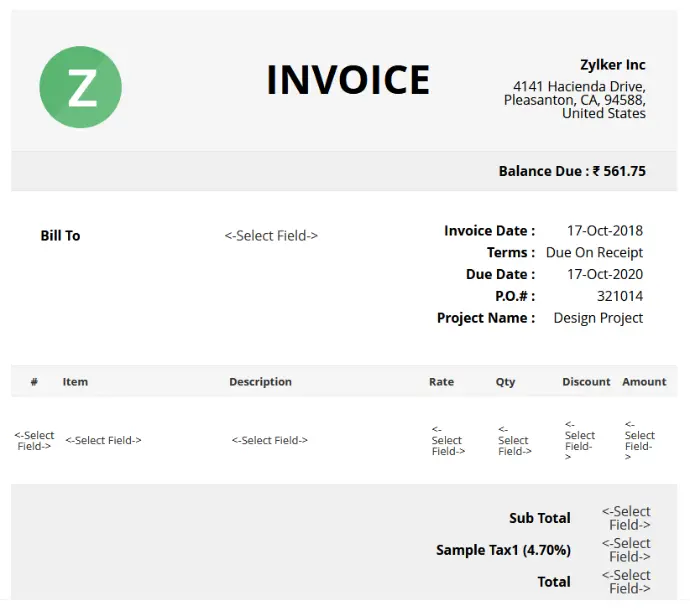
2c) Advanced reports can be built in around 10 hours ($1,250) apiece. Advanced reports are i.e. a customer invoice, a customer estimate/quotation, a vendor purchase order (PO), a Bill of Lading etc. These types of advanced reports usually take a long time as the layout is extremely specific to i.e. a pre-printed form or a customer wish.
2d) Lastly, most databases rely on advanced functionality like sub forms, lookup fields, etc. (i.e. lookup and make a relation between a product and a product type).
Advanced functionality can also be calculations in some way, shape or form (i.e. calculate the profit on a customer invoice or estimate). Advanced functionality can also be items like what each user login is allowed to see or change, i.e. profit margins are only available to sales managers and above.
These things are insanely hard to price out without having the actual project ahead of you, so for now we have to custom quote this one advanced item at a time for a customer project (some advanced things are easy and fast while others are hard and slow).
We hope that this at least gives you a little bit of a guideline to go by. And we are, of course, more than happy to help over the phone as much as we can to elaborate on a database project.
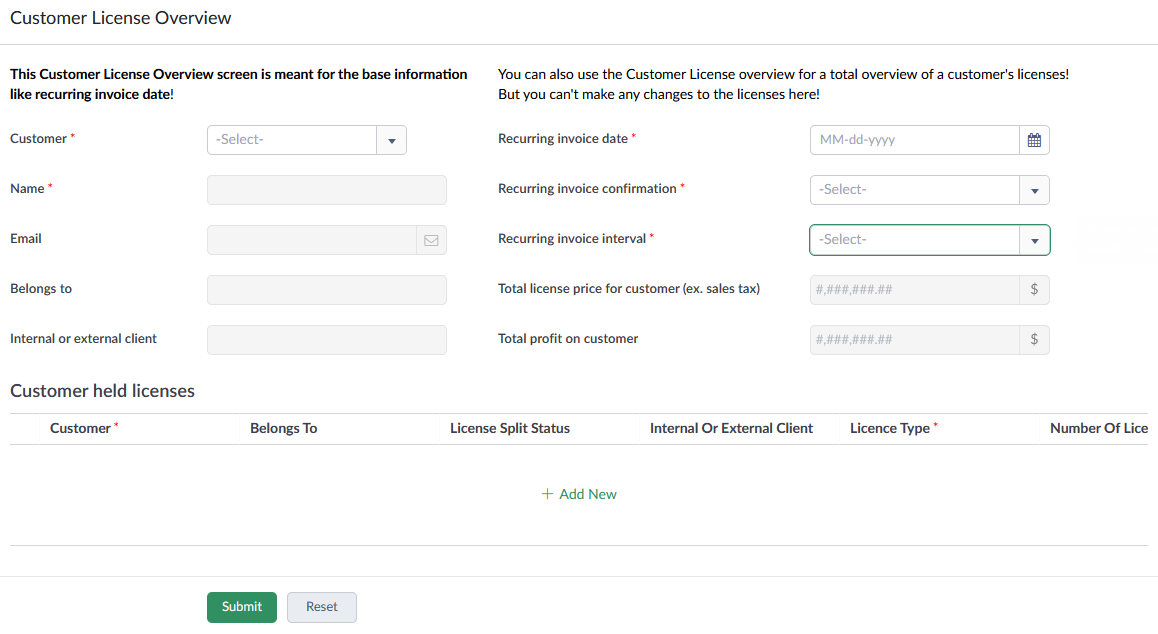
3) Lastly, importing data from previous old sources is usually super important. Depending on the source this step can be easy (i.e. existing Excel data) or it can be extremely hard (i.e. data from a proprietary database). Generally, the older the old system is the harder it is to import the data into a new system. And again, the cost of doing the data import is calculated by the time that it takes.
Pricing guidelines in text form:
1) Let us build a "simple" database for you and it will be hosted in the cloud for free. A simple database, however, cannot have "advanced fields". This generally means that the database only has fields like Name, Email, Address, phone, text, number, date time and finally some form of choice field. This type of simple database is mostly meant to replace i.e. multiple Word files with customers and vendors in them or Excel files with i.e. orders in them. A simple database like this can more often than not be created and set up for under $1,250 and cannot have a custom URL pointing to it. But it will be hosted for free and thereby doesn't have any monthly charges :-) A database can have more than one "form" associated with it. This means that you can have a form for customers, a form for vendors, a form for sales orders etc. Generally, as long as you don't use more than ten different forms we can stay within the budget here.
2) We can also build a "normal/custom" database application for you. This is what most businesses look for as it doesn't have the limitations mentioned above. In other words, all field types are available for the database design and it's possible to set up a custom URL for the new system, i.e. Database.ChathamPC.com. These types of normal/custom/advanced databases come with a monthly fee between $8 and $25 depending on various things.
2a) It's hard to give a price point for a custom database design (it's basically built hour by hour at $125 per hour), but we try and use the following guidelines: We try and build the "basic" database/framework for around $1,250 (10 design hours). This first design step very much mirrors item no.1 above (even if advanced fields are available here). You will end up with a database that's mostly meant to replace i.e. multiple Word files with customers and vendors in them or Excel files with i.e. orders in them. It's abnormal to stop the design process here, but it's certainly the customer's decision. Normally the design process continues as per below with advanced reports and advanced functionality (i.e. sub forms, lookup fields etc.) in the database.
2b&2c) Simple reports can be built in around 1 hour ($125) apiece. Simple report examples are i.e. customer contact lists or order lists with no special layout criteria. Advanced reports can be built in around 10 hours ($1,250) apiece. Advanced reports are i.e. a customer invoice, a customer estimate/quotation, a vendor purchase order (PO), a Bill of Lading etc. These types of advanced reports usually take a long time as the layout is extremely specific to i.e. a pre-printed form or a customer wish.
2d) Most databases rely on advanced functionality like sub forms, lookup fields, etc. (i.e. lookup and make a relation between a product and a product type). Advanced functionality can also be calculations in some way, shape or form (i.e. calculate the profit on a customer invoice or estimate). Advanced functionality can also be items like what each user login is allowed to see or change, i.e. profit margins are only available to sales managers and above. These things are insanely hard to price out without having the actual project ahead of you, so for now we have to custom quote this one advanced item at a time for a customer project (some advanced things are easy and fast while others are hard and slow). We hope that this at least gives you a little bit of a guideline to go by. And we are, of course, more than happy to help over the phone as much as we can to elaborate on a database project.
3) Lastly, importing data from previous old sources is usually super important. Depending on the source this step can be easy (i.e. existing Excel data) or it can be extremely hard (i.e. data from a proprietary database). Generally, the older the old system is the harder it is to import the data into a new system. And again, the cost of doing the data import is calculated by the time that it takes.